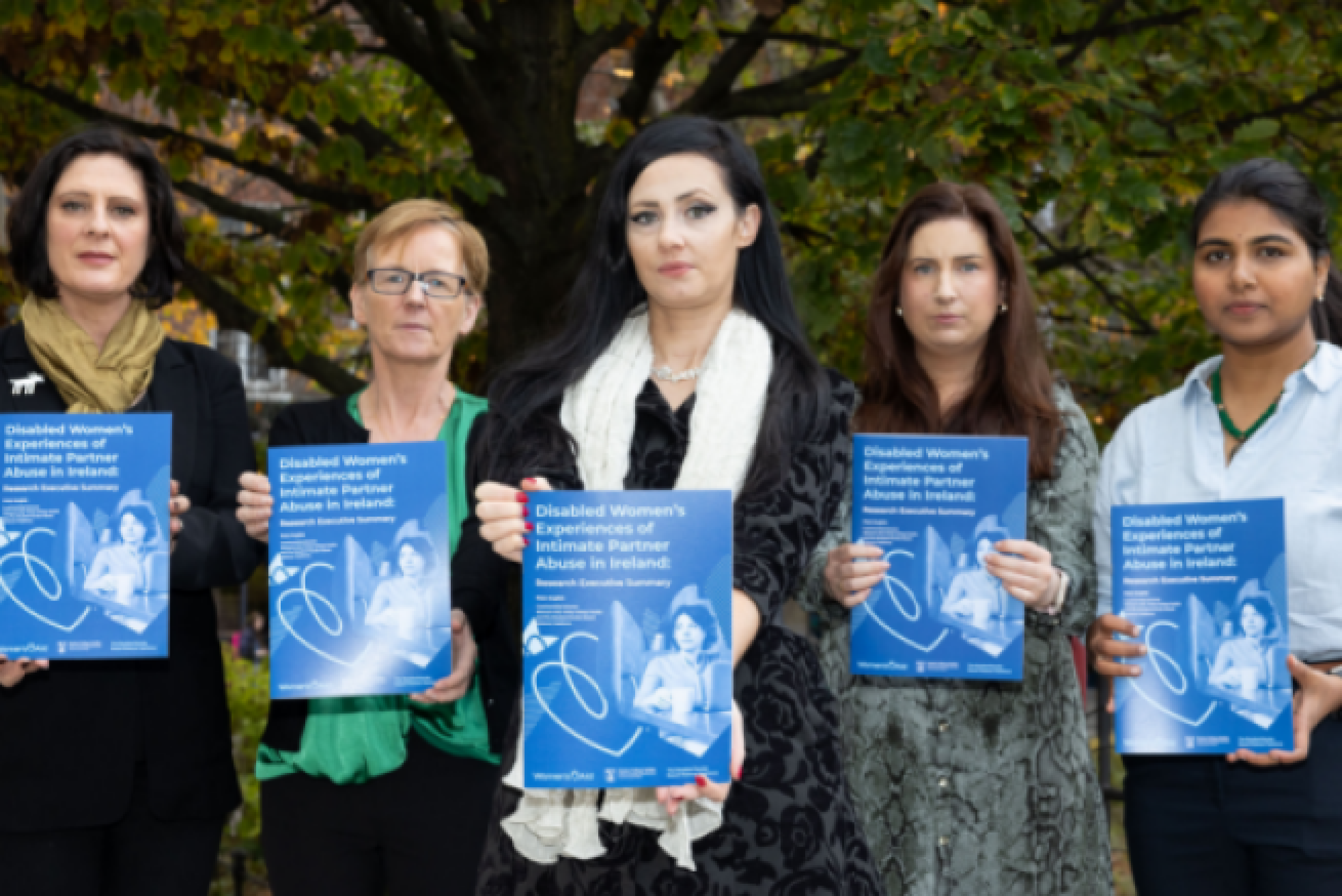89% of women with disabilities in Ireland report experiencing emotional abuse. According to a study conducted by the School of Social Work and Social Policy, there remains a lack of support services for women with disabilities who experience intimate partner abuse.
The study entitled “Disabled Women’s Experience of Intimate Partner Abuse in Ireland”, surveyed 97 women with disabilities and identified the most common forms of intimate partner abuse experienced as “emotional abuse, coercive control, physical violence, and disability-related abuse.”
Dr. Aoife Price, a member of the research team and member of the Disabled Gender-Based Violence Taskforce notes, “There are so many structures and systems in Ireland that are making participation in public life, in daily tasks, in education and all facets of Irish society an uphill struggle for disabled people, and women in particular”. The study’s findings show that 96% of women believe that their disabilities make it more difficult to cope with IPA.
Awareness and Understanding of Abuse
“Only a little over half of the participants recognized the behaviours they experienced as intimate partner abuse, and while 70% of women had heard the term ‘coercive control’ only 53% understood its implications. One participant voiced her frustration stating that “[P]roper support from State agencies [would have helped]” and emphasises the need for “an actual understanding of coercive control and disability.”
Sarah Benson, CEO of Women’s Aid, calls for disabled women to be better supported “as autonomous adults to understand what constitutes abuse, to know it is not their fault”. She urges for systematic changes that will help women identify forms of abuse and understand how to seek help. The report recommends that Disability Services and Domestic Violence Services create education programs to improve awareness.
Support Services
Many domestic violence services remain inaccessible to women, “Only 2% of services appeared to have a support service through ‘Text’ and only 2% mentioned accessibility on their landing page” “to know where and how to receive help and to have that help provided in an accessible manner.”
While 67% of organisations recognised women with disabilities as targets of intimate partner abuse “only 46% of services included disabled women in their decision making”.
For example, one woman expresses the difficulty of receiving protection from the courtroom. She shares that after she received threats from her abuser, she reported the threats, and the Gardaí did nothing to help her or her son.
To address the issues of support the report identifies several areas for improvement so that services actively support women with disabilities. One specific recommendation for the courts is to provide “training for court staff, legal workers and others to deal with issues like discrimination (unfairly bad treatment just to one group) towards disabled women”, to ensure measures by court services include disabled women in their decision making.
As Dr. Price shares, these recommendations are not only concerning issues related to abuse but “must be supported by broader improvements to systems and structures to allow full participation of disabled people in all facets of Irish life – public and private”.
The study was carried out in partnership with Women’s Aid and the Disabled Gender Based Violence Taskforce.







